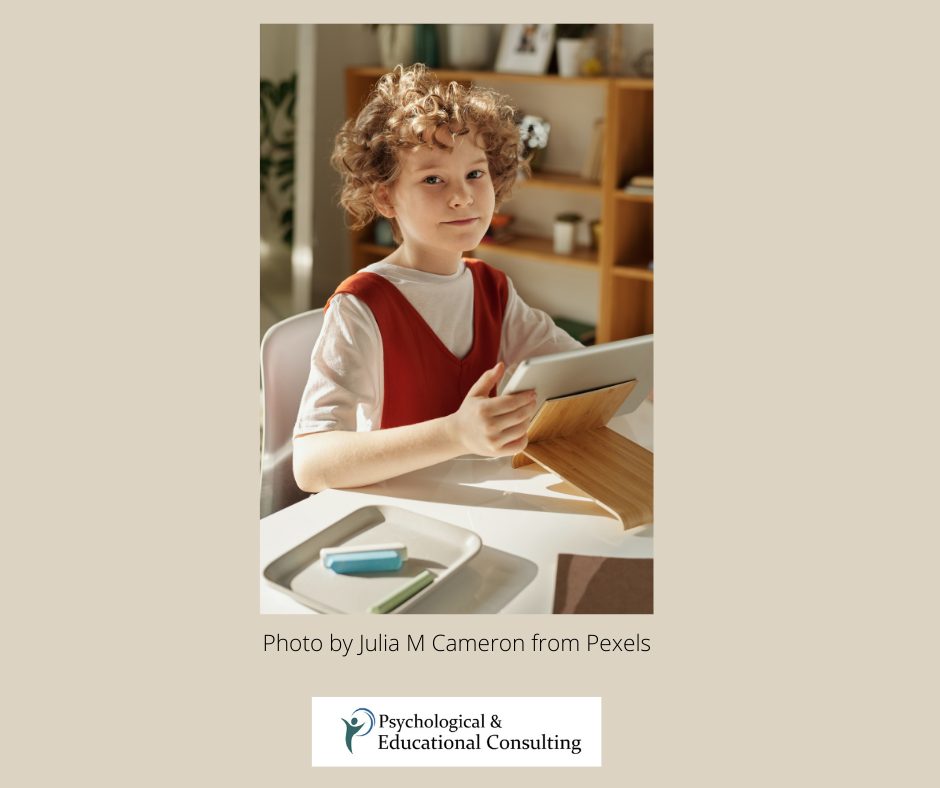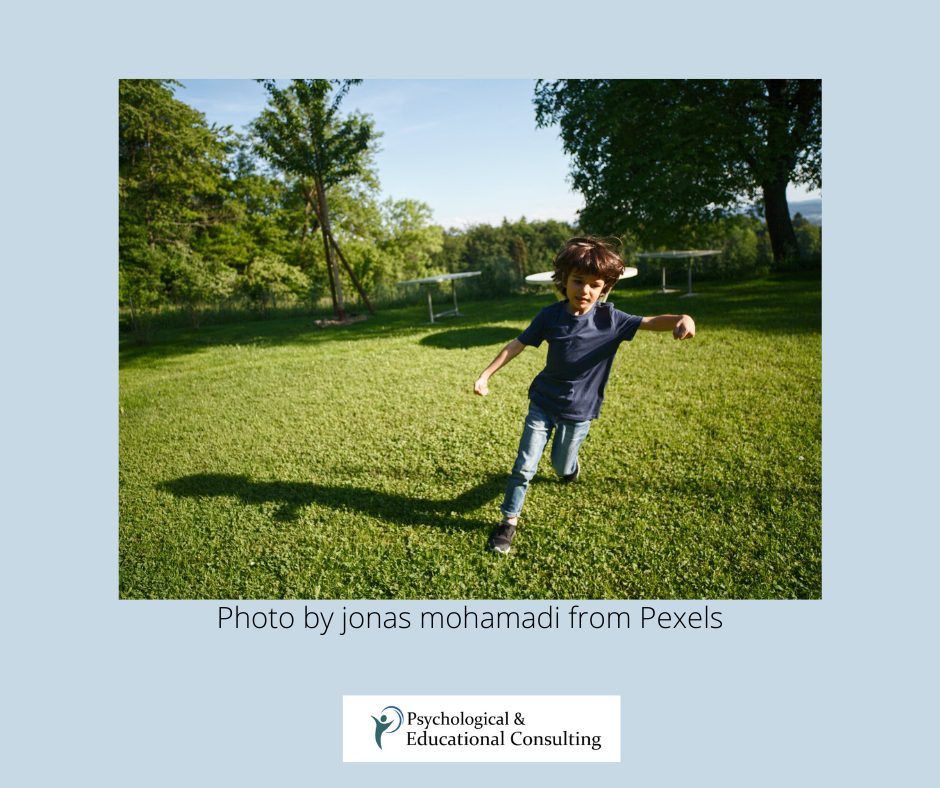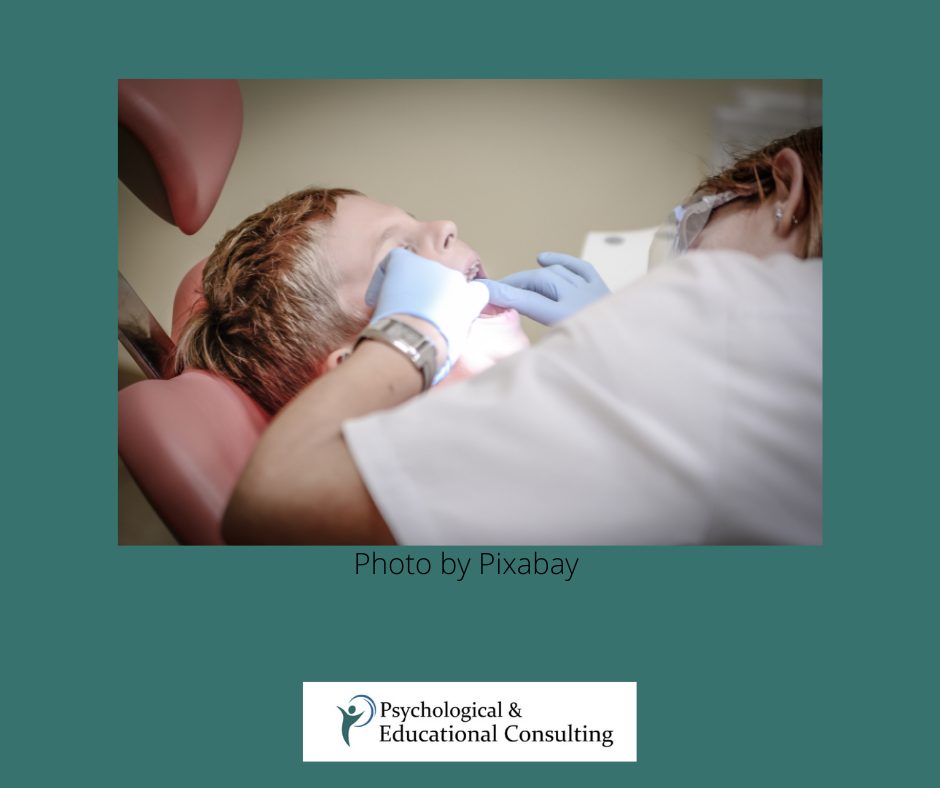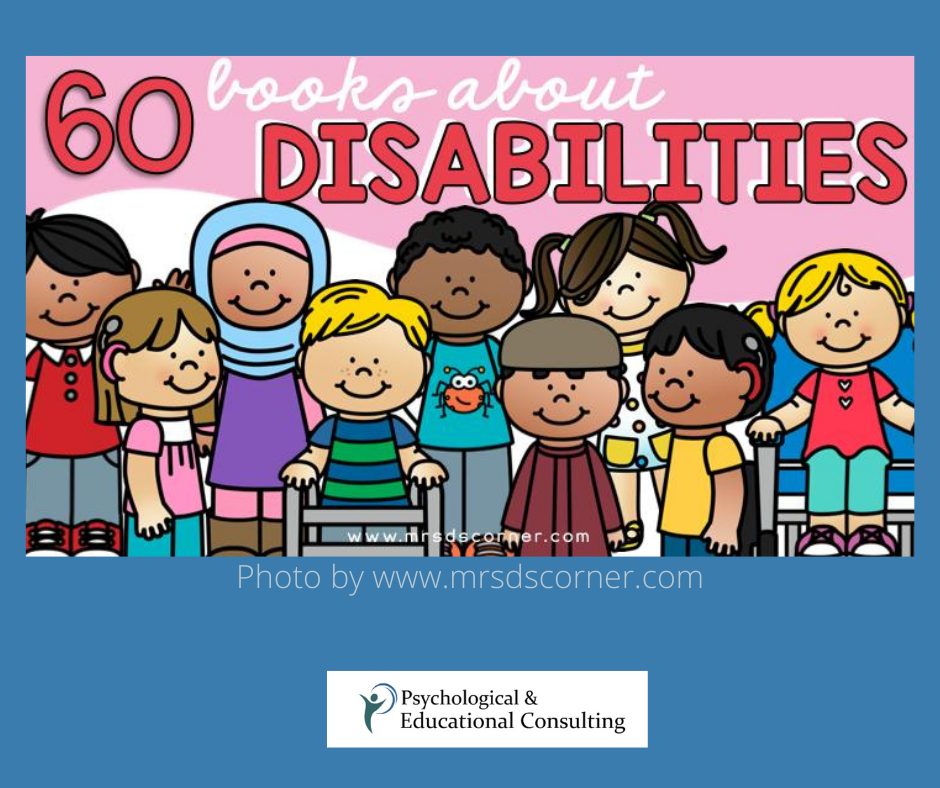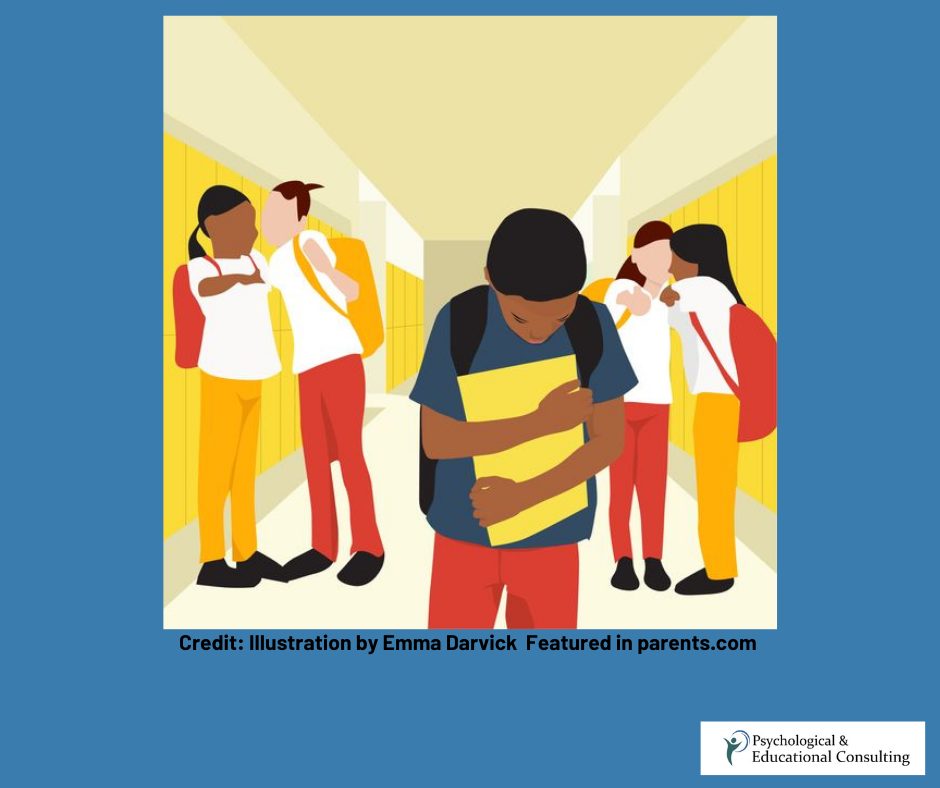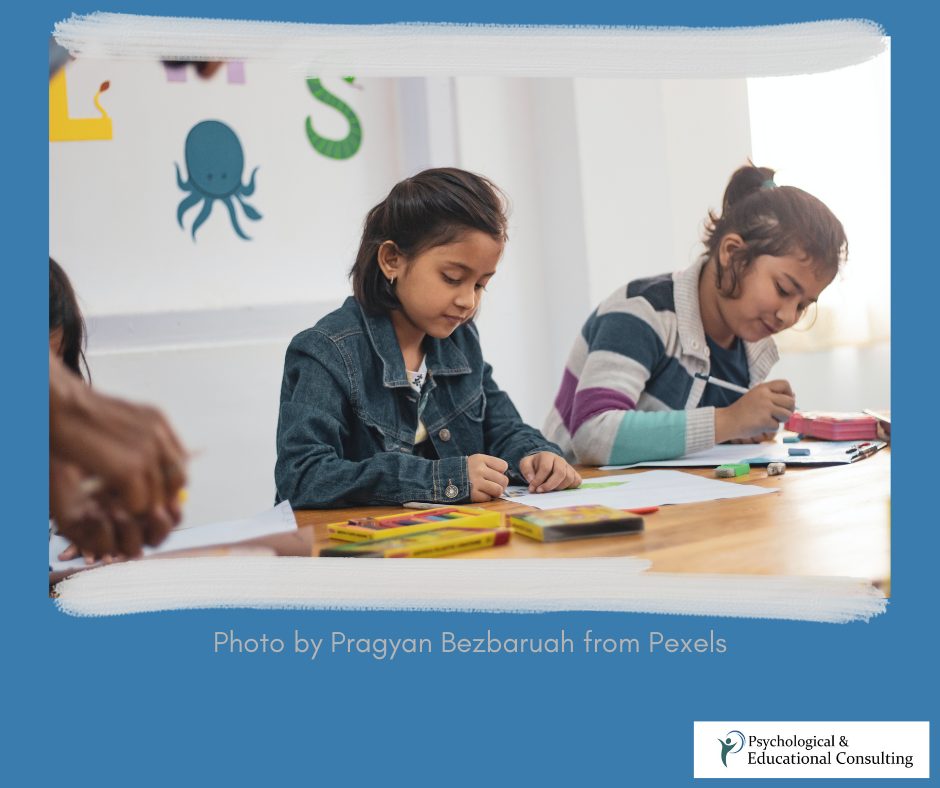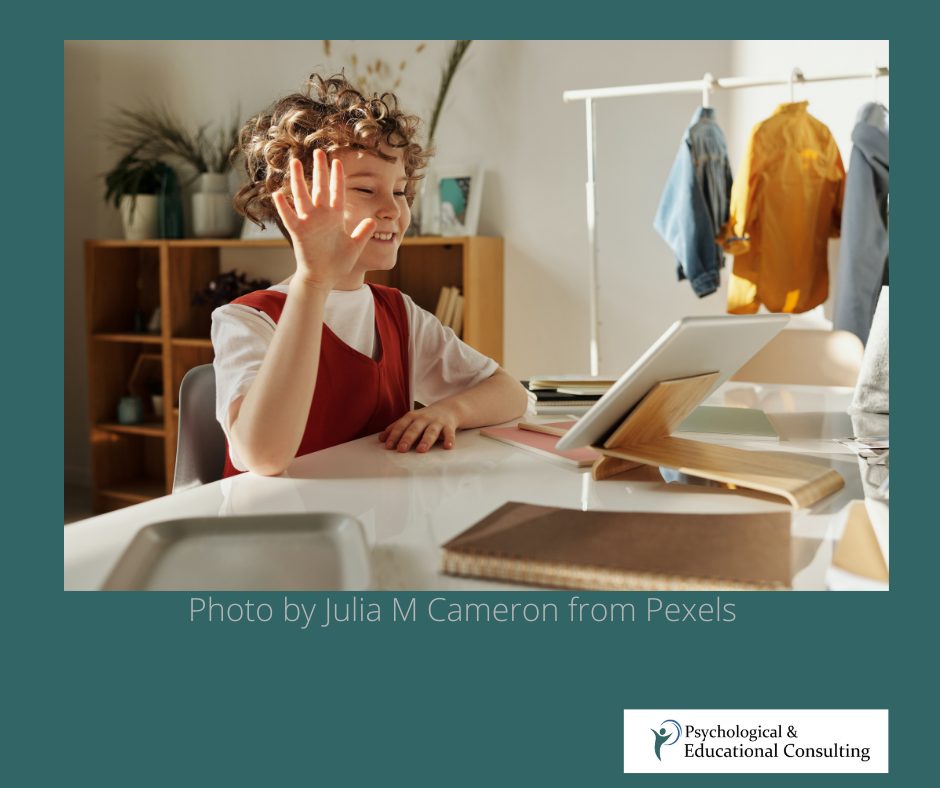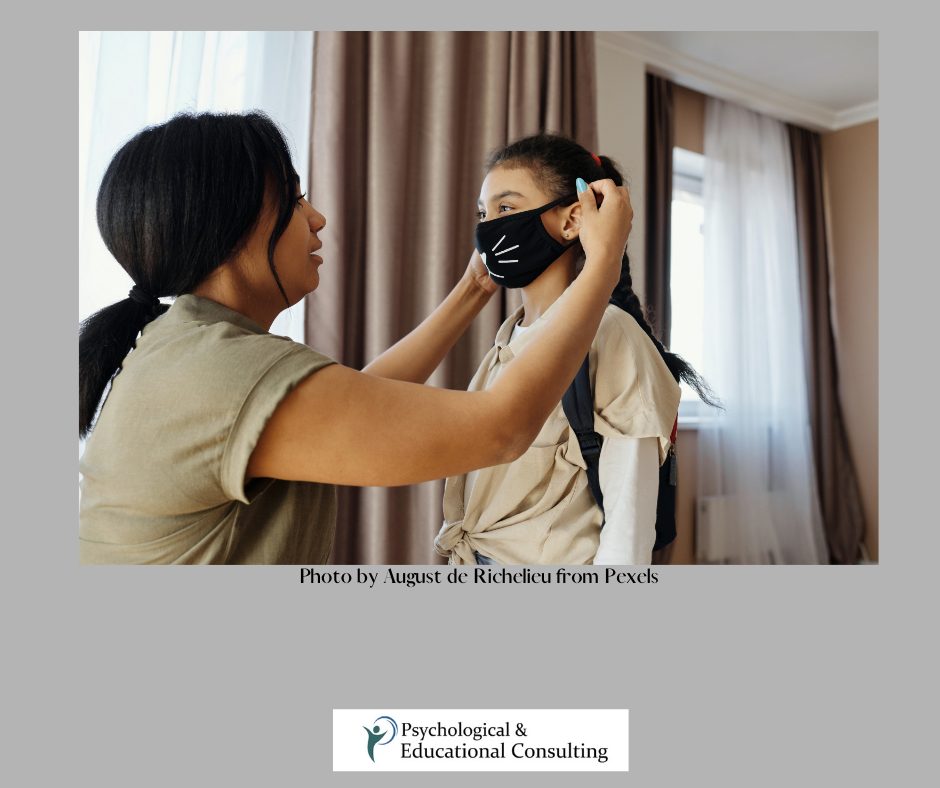Assistive Technology for Children with Autism Spectrum Disorders
Published on Verizon
According to the Centers for Disease Control and Prevention (CDC) data and statistics on ASD as of 2020, approximately 1 in 54 children are diagnosed with ASD. The article also highlights that boys are four times as likely to be diagnosed with ASD over girls. There are common misconceptions associated with ASD that warrant mention — these include:
- All individuals with ASD have the same strengths and difficulties;
- Individuals with ASD have a distinguished skill or strength;
- Individuals with ASD do not suffer other disorders or conditions;
- All individuals with ASD have an intellectual disability;
- Children with ASD are unable to speak;
- ASD in children is more aggressive than in other age groups;
- Children with ASD have a temper, or are more aggressive;
- Individuals with ASD do not experience the full spectrum of emotions;
- Individuals with ASD cannot build strong, affectionate relationships;
- Individuals with ASD prefer to be alone;
- There is an ASD epidemic;
- ASD is caused by the way that parents choose to raise their kids;
- ASD is caused by vaccinations;
- ASD can be outgrown.
Being aware of the various myths can help individuals understand that each diagnosis of ASD is different and individualistic. The way that one individual with ASD struggles can be entirely different than another individual with ASD. While communication, learning routines, and emotional regulation might be hard for the majority of individuals with ASD, technology has provided many solutions to these problems. This article will help identify the various technologies that are readily available to help children with ASD in a variety of realms.

